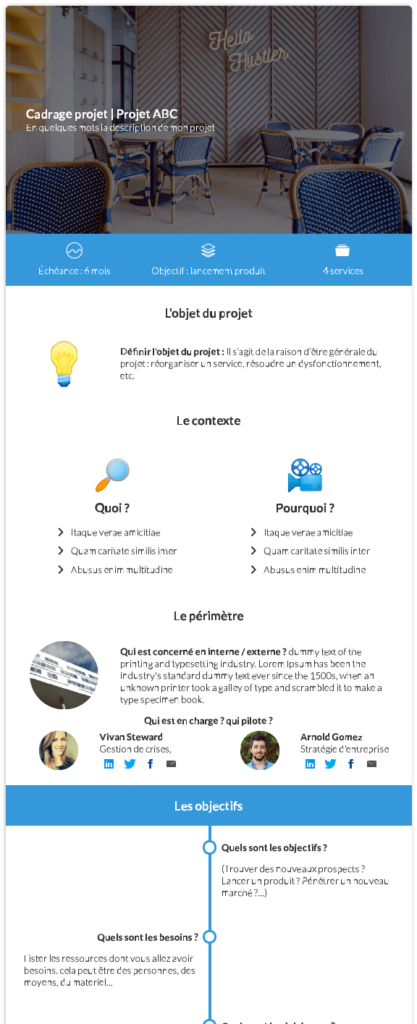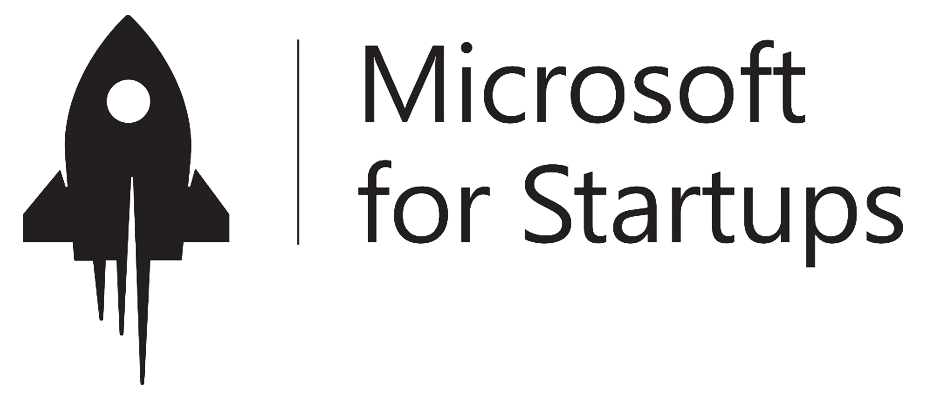29 Jul

The purpose of project scoping is to ensure that the right problem is addressed, from the right perspective, by the right people. In short, that you ask yourself the right questions! Framing a project right from the start will help you steer your teams towards success and reduce the risk of failure.
👉 Discover the “Project Management” template pack
The success of a project depends largely on this framing stage!
For example, only 16% of IT projects are on time and on budget.
source Chaos Report – Standish Group
Writing a project scoping note is therefore necessary to prepare yourself well in advance, but also to be able to communicate with other employees and, if necessary, with your company’s customers or partners.
To help you not forget anything and to help you get organized, we explain how to write a framing note!
What is a project framing note?
This is a document that will answer the 5W+H questions:
- W – What: project definition and scope
- W – Why: purpose and context
- W – Who: impacted parties, stakeholders, teams or departments concerned?
- W – Where: location (if necessary)
- W – When: schedule, key dates, deadlines
- H – How: methods, resources, budget
How to write a framing note properly?
Obviously a framing note will vary from one project to another according to its nature, its specificities…
It must therefore be adapted to your project, the objective is not to say everything, but to make your collaborators understand what is essential!
What can a framing note contain?
- Project definition
- Context, origin of the project
- Objectifs
- Scope
- Contraintes
- Stakeholders
- Resources
- Planning
- Project Risks
- Communication
A few points of detail:
Project definition
Remember to define the project quickly and simply, so that it can be understood in a few lines.
Context, origin of the project
What justifies this project? Explain the why of the how, the genesis of this project! This step will give meaning to the missions that will result from the project, do not neglect it!
Objectifs
What are the objectives? What are the expectations of this project? Once the project is completed, what will it bring to the company?
Scope
What are the limits of the project? It is very important to specify the framework within which the project will evolve. This will prevent it from getting lost and spreading out later on.
Constraints
Whether internal or external, there may be constraints that weigh on your project (time, budget, staffing constraints…) and it is therefore important to take them into consideration from the outset.
Stakeholders
Who does what? Who’s responsible for what? These questions are crucial, everyone must know his or her role and the roles of the others.
Resources
Take stock of your means, be they human, material, financial…
Planning
Give the key stages, the deadlines… This allows us to agree on the time constraints, but above all to have a global vision of the progress of the project.
Project Risks
All projects have risks and weaknesses (missing key skills, (very) short deadlines, complicated relationships between teams, etc.). Knowing these risks makes it possible to remedy them more quickly and effectively.
Communication
Who says what, when, to whom and how? Take stock very quickly (this aspect will be addressed in more detail in the project communication plan if necessary).
There is a Cocoom template for this:
Discover the “Project Framing” template in Cocoom!





